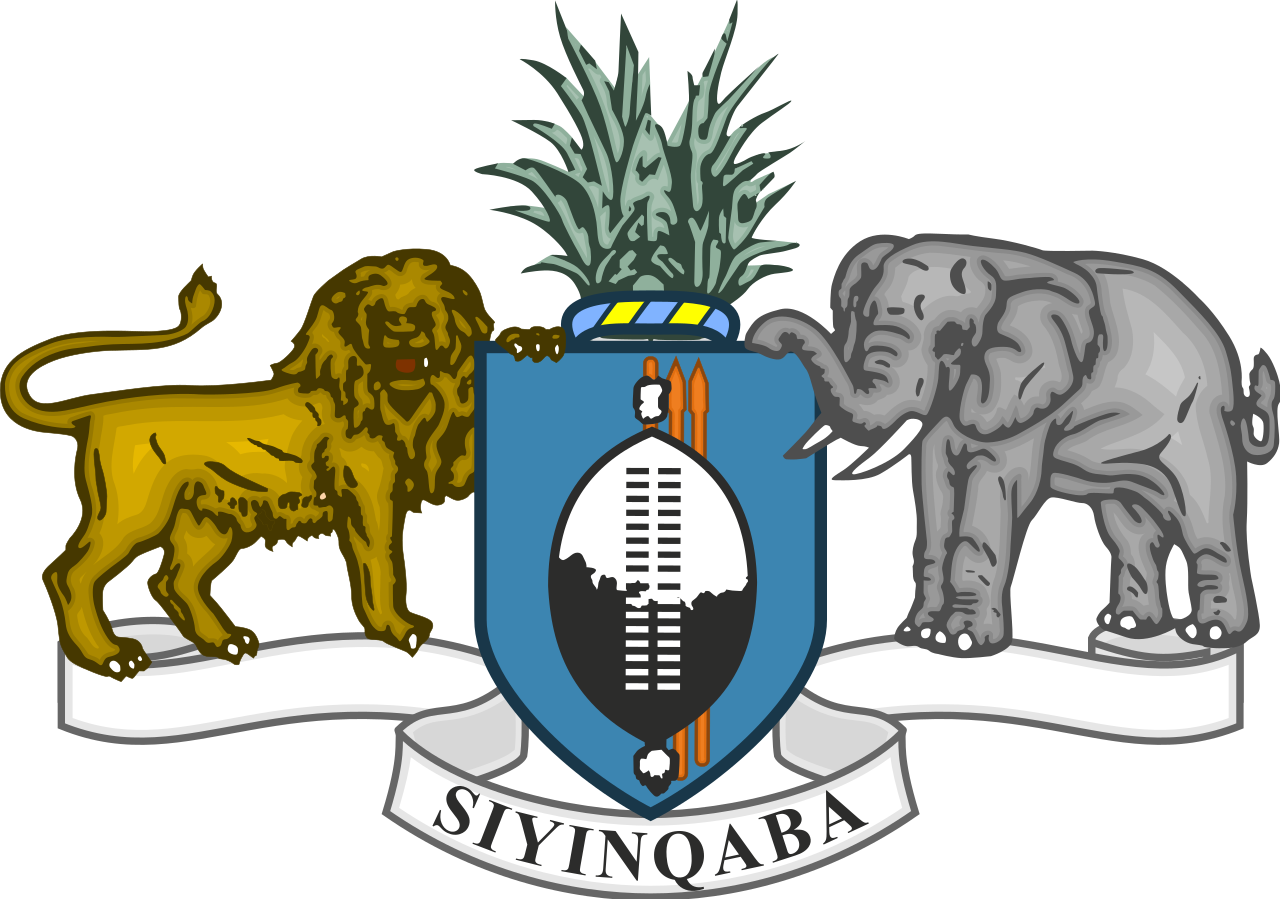Incwala (First Fruit)
Heralding the lunar New Year, the Incwala Festival unites the country and celebrates the beginning of the harvest season. A long and complex series of rituals rooted in centuries past and the most important annual cultural event in Kingdom of Eswatini. Incwala is one of the last remaining examples of what was previously a traditional practice in many African countries. It culminates every year around the last week of December/first week of January, depending on the lunar cycle. The dates for the event are not released until relatively close to the time, as they derive from ancestral astrology.
While the event is often translated as “The Festival of the “First Fruits” that heralds the beginning of the harvest season, the tasting of the first of the season’s bounty by His Majesty King Mswati III is only one part of what is a celebration that also unites the country, helps gain the blessings of ancestors, and sanctifies the kingship. Divided into the “Little” and “Big” Incwala, the latter takes place in the Royal Kraal for four days from the new harvest after the full moon nearest the Summer Solstice in December. The fourth day marks the culmination of this series of events: regarded as the major day of the festival, it sees the feasting and dancing reach a climax, with thousands of people thronging the Royal Residence.
This is the major attraction for tourists with a genuine interest in Swazi culture, and everyone is welcome to attend but required to respect traditions regarding attire and behaviour in public. The ceremony ends when His Majesty, in full ceremonial regalia, joins the warriors in a traditional dance before entering his special sanctuary to eat the first fruits of the season and begin a period of seclusion. Regiments march to a forest and return with wood with which to make a fire in the centre of the cattle byre, and in which objects are burnt to signify the end of the old year, while dancers celebrate the year to come.

